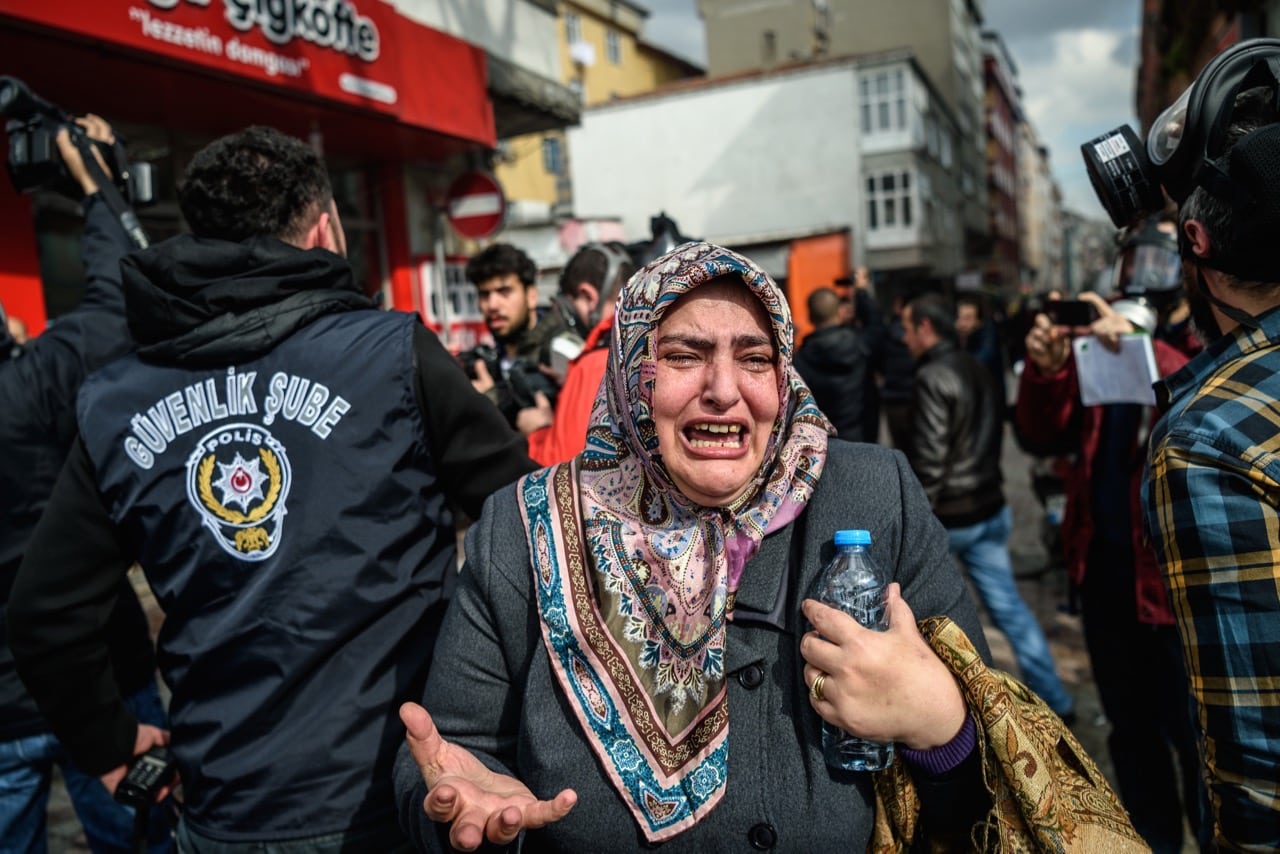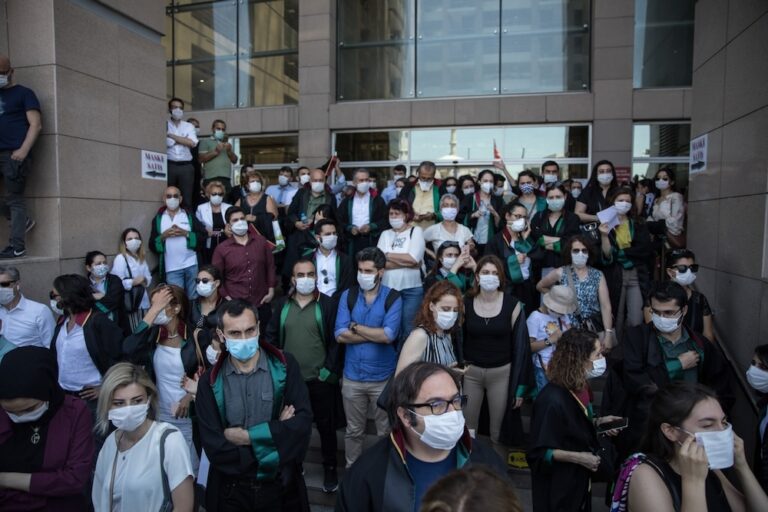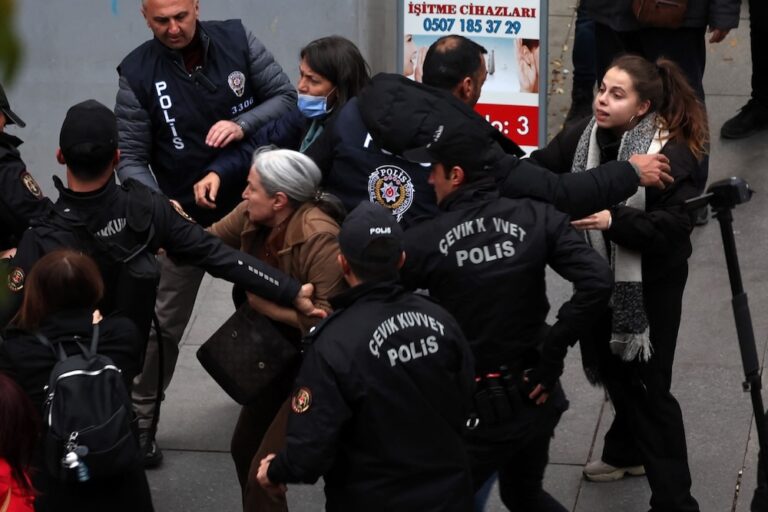After the ten-month trial of 11 'Zaman' newspaper staff, six were found guilty of 'membership of a terrorist organisation' and were jailed for up to 10 and-a-half years; five were found not guilty.
This statement was originally published on rsf.org on 6 July 2018.
Six former columnists from Zaman, a now-closed Turkish newspaper, were sentenced on 6 July 2018 to prison terms as high as 10 and a half years. Five others were acquitted. Reporters Without Borders (RSF), which attended the sentencing hearing, condemns the outcome as a political verdict that followed a Kafkaesque trial.
The verdict was handed down in Istanbul following a 10-month trial. Six former columnists for Zaman were sentenced to heavy prison terms for “membership in a terrorist organization.” The sentences for Şahin Alpay, Ali Bulaç and Ahmet Turan Alkan were eight years and nine months; Ibrahim Karayeğen got nine years; and Mustafa Ünal and Mümtazer Türköne were sentenced to 10 and a half years. Their colleagues İhsan Daği, Lale Kemal, Mehmet Özemir, Nuriye Ural and Orhan Kemal Cengiz, however, were pronounced not guilty. All of the defendants were acquitted on the charge of “attempting to overthrow of the government,” for which they could have faced life in prison.
“This verdict gives an official blessing, once more, to the criminalization of journalism in Turkey,” said RSF representative Erol Önderoğlu, who attended the hearing. “Throughout this Kafkaesque trial, criticizing the government and covering events of public interest have been treated as a form of terrorism. Who will repair the harm done to those who have spent long months in preliminary detention? We demand acquittal on appeal for all the defendants and an end to these political trials.”
Despite their convictions, Ahmet Turan Alkan and Ibrahim Karayeğen were to be freed on probation while awaiting an appeal decision. But Mustafa Ünal and Mümtazer Türköne remain in prison. Along with Erol Önderoğlu, representatives of the German consulate, of the European Union delegation in Turkey and of many NGOs, including ARTICLE 19, P24, the Media and Law Studies Association and Human Rights Watch, attended the hearing.
The charges against the columnists stem essentially from their work for Zaman, the country’s highest-circulation daily before it was placed under state control, and then shuttered by decree in 2016. Its editorial policy had favoured the Gülen movement, a former government ally that was then accused of having orchestrated the coup attempt of July 2016. That was enough to accuse anyone who worked for Zaman of “membership in a terrorist organization” or of “attempting to overthrow the government and constitutional order.” These charges were filed without slightest evidence of individual participation in violent acts or attempts to justify them. In the logic of the charges, if the columnists covered scandals in which the government was implicated, or criticized its drift toward authoritarianism, the goal was to create a “perception” favouring a coup.
Initially tried alongside 20 other former Zaman employees, the 11 columnists had their cases separated in April 2017. Several of them were then slowly released after long periods of preliminary detention. On an appeal from Şahin Alpay, the Constitutional Court ruled in January that preliminary detention of the 73-year-old journalist violated his rights. He was freed from prison only two months later. After another two months, he was freed from house arrest.
Turkey is ranked 157th of 180 countries in RSF’s 2018 World Press Freedom Index. An already very worrisome situation for the media has become critical under the state of emergency declared in the wake of the coup attempt of 2016. Some 150 media organizations have been closed, mass trials were held and the country holds the world record for imprisoned journalists.



